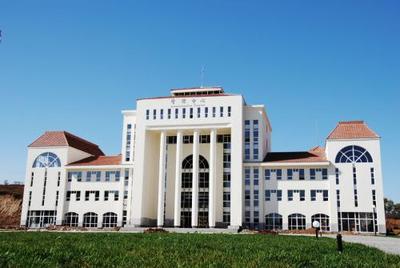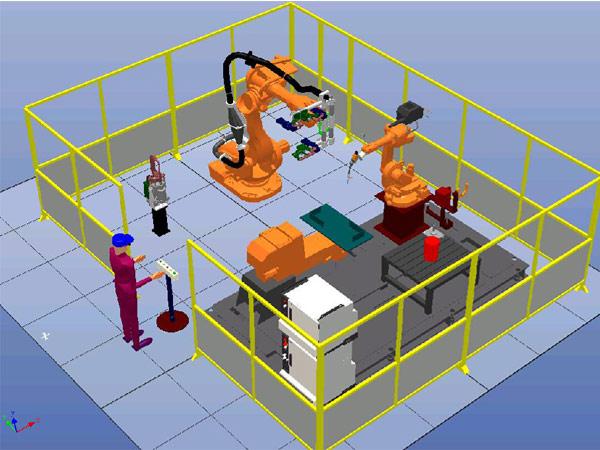体育专业英语阅读教材
王守仁英语阅读2教材答案
第一篇:The Benefits of Exercise
1. What are the benefits of exercise?
The benefits of exercise are numerous. Physical activity can help you to:
- maintain a healthy weight
- reduce your risk of chronic diseases, such as heart disease, stroke, and diabetes
- improve your bone and muscle health
- boost your mental health and mood
- improve your ability to perform daily activities
2. How much exercise do you need?
The amount of exercise you need depends on your age, health, and fitness goals. In general, adults should aim for at least 150 minutes of moderate-intensity aerobic activity, or 75 minutes of vigorous-intensity aerobic activity, per week. Additionally, you should do strength training exercises at least two days per week.
第二篇:Types of Exercise
1. What are the different types of exercise?
There are four main types of exercise:
- Aerobic exercise: This type of exercise increases your heart rate and breathing, and includes activities such as walking, running, cycling, and swimming.
- Strength training: This type of exercise involves using weights or resistance bands to build muscle and improve strength.
- Flexibility exercises: These exercises stretch your muscles and improve your range of motion, and include activities such as yoga and stretching.
- Balance exercises: These exercises improve your balance and reduce your risk of falls, and include activities such as standing on one foot or Tai Chi.
2. Which type of exercise is best?
Each type of exercise has its own unique benefits, and a well-rounded fitness routine should include all four types. However, the type of exercise that is best for you may depend on your age, fitness level, and health goals. Consult with a healthcare professional or certified fitness instructor to determine the best exercise program for you.

第三篇:Pre-Exercise Screening
1. What is pre-exercise screening?
Pre-exercise screening is the process of evaluating your health and fitness level prior to starting a new exercise program. This may involve a physical exam, medical history questionnaire, or other assessments to determine your risk of injury or health complications during exercise.
2. Why is pre-exercise screening important?

Pre-exercise screening is important because it can help you to identify any underlying health conditions or risk factors that could make exercise more difficult or potentially dangerous. By identifying these factors early on, you and your healthcare professional or fitness instructor can develop a safe and effective exercise plan.
第四篇:Overtraining Syndrome
1. What is overtraining syndrome?
Overtraining syndrome is a condition that occurs when you exercise too much without adequate rest and recovery. This can lead to a variety of physical and mental symptoms, such as fatigue, decreased performance, and mood changes.

2. How can you avoid overtraining syndrome?
To avoid overtraining syndrome, it is important to incorporate rest and recovery days into your exercise routine, and to listen to your body's signals of fatigue or pain. Additionally, it is important to maintain a balanced and nutritious diet and to stay hydrated.
第五篇:Sports Injury Prevention
1. How can you prevent sports injuries?

There are several strategies that can help to prevent sports injuries:
- Warm up and stretch properly before activity
- Wear appropriate protective gear, such as helmets, pads, and shoes
- Gradually increase intensity and duration of activity
- Maintain proper form and technique
- Stay hydrated and maintain a balanced diet
2. What should you do if you experience a sports injury?
If you experience a sports injury, it is important to stop the activity immediately and seek medical attention if necessary. Rest, ice, compression, and elevation (RICE) can also help to alleviate pain and swelling. Follow your healthcare professional's recommendations for treatment and rehabilitation to avoid further injury.
版权声明:本文内容由互联网用户自发贡献,该文观点仅代表作者本人。本站仅提供信息存储空间服务,不拥有所有权,不承担相关法律责任。如有侵权请联系网站管理员删除,联系邮箱1856753@qq.com。




























